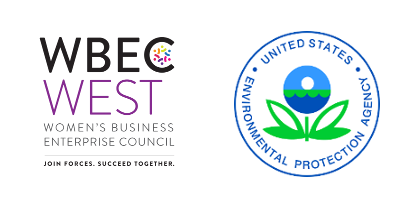The Risks of Treating Hazardous Waste in the Country of Origin
Treating hazardous waste in the country of origin prior to exporting overseas can be extremely risky because of the numerous conflicting state, federal, and international laws that govern the treatment and transport of such materials. The easiest, most cost efficient, and environmentally responsible way to handle hazardous waste disposal is to hire a company like RTS to manage and complete the entire process for you.
Here is an example of the complications that can arise when treating hazardous waste in a country of origin:
If a U.S. petroleum company wants to discard the spent catalyst they used for refining oil into gasoline and jet fuel, they have three options: landfill, domestic treatment and waste export. Most refineries choose domestic treatment because it gives them the opportunity to extract and sell the molybdenum metal held within the catalyst which is worth about 4 million dollars.
However, in almost all cases, domestic treatment involves a state issuing a facility a permit to treat and recycle hazardous waste only within that state. The federally deregulated status given to treated materials may not be valid outside the state which makes interstate and international transport virtually impossible.
To get around this, refineries routinely ship used catalysts to facilities in Texas and Louisiana where they are treated and labeled non-hazardous, and then resold to buyers in India, Taiwan, and Vietnam who have less stringent environmental laws. Under Basel, this is illegal, environmentally irresponsible, and runs the risk of being caught.
This recently happened to Romania when they tried to ship containers labeled “concentrated zinc” to Indonesia. The Malaysian government seized the containers, opened them, and found they were filled with electric arc furnace dust (EAFD), a hazardous material that is illegal to ship according to the Basel Convention, an international waste treaty that stipulates that all countries of concern be notified of any shipments of materials that are classified as waste. This created negative press for Romania, strained international relations, and left 110 containers of hazardous waste sitting in limbo on Malaysian docks.
Since the United States did not sign the Basel Convention, it is exempt from its regulations. However, this does not excuse American companies from shipping hazardous waste to other countries and risking environmental harm.
American companies should follow federal hazardous waste disposal laws like the Resources Conservation and Recovery Act (RCRA), which are enforced by the Environmental Protection Agency, as well as the more stringent regulations imposed by the Basel Convention in order to conduct responsible business practices and help preserve the environment.
Following both RCRA and Basel Convention guidelines can be complicated and requires thorough knowledge of hazardous waste management laws.
Recognized Trading & Shipping, Inc., has a long track record of environmentally responsible hazardous waste disposal. Our team is well versed in both federal and international regulations and is here to help you run a cleaner and more efficient business. Reach out to us to learn how we can simplify your hazardous waste management processes.



